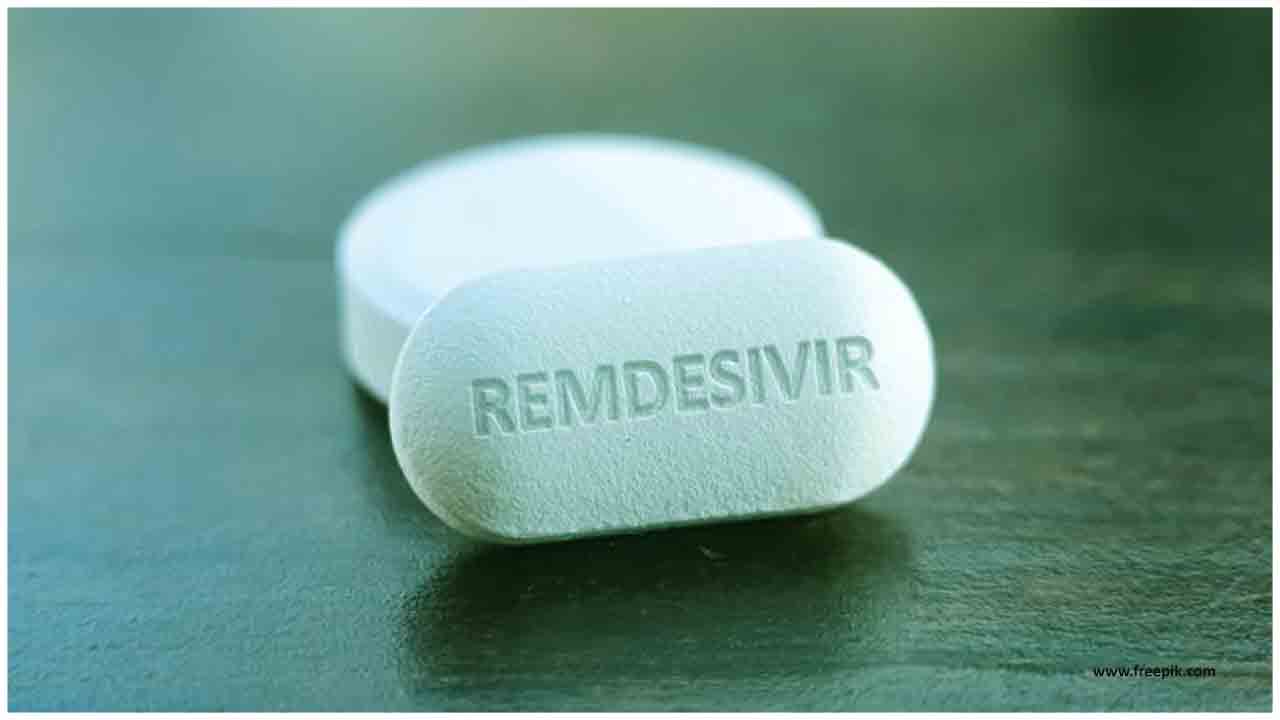Health and Family Welfare Ministry have advised the states that all the ‘investigational therapies’ are required to be carried out only in proper health care facilities where close monitoring of patients is possible.
Indian Council of Medical Research and AIIMS has strongly recommended that the focus of clinical management should continue to remain on oxygen therapy, steroids, high-quality supportive care including mental health counseling for patients and families. For mild cases, which are nearly 80 percent of the total cases, Hydroxychloroquine has been recommended.
Health Ministry said, the pursuit of an effective treatment for COVID-19 has also resulted in repurposing of several drugs which are not a part of the main Clinical Management Protocol but have been indicated as investigational therapies. Remdesivir, Convalescent Plasma, Tocilizumab have been put under the investigational therapies in the clinical management protocol for COVID-19.
Health Ministry said, these drugs are only permitted for restricted emergency use for COVID-19 and can be used in specific subgroups of patients. ICMR and AIIMS have strictly suggested the hospitals that their indiscriminate use can cause more harm than good.
The states were also told that the available evidence for Remdesivir suggests that it may decrease the time for clinical improvement when used in moderate to severe cases. However, there have been no benefits in terms of reduced mortality. Similarly, studies on Tocilizumab have not shown any benefits in mortality reduction.
Meanwhile, The World Health Organization has acknowledged that evidence is emerging about the airborne spread of the novel coronavirus. Maria Van Kerkhove, technical lead on the COVID-19 pandemic at the WHO, told a news briefing yesterday that there was a discussion about the possibility of airborne transmission and aerosol transmission as one of the modes of transmission of COVID-19.
She said the WHO would publish a scientific brief summarising the state of knowledge on modes of transmission of the virus in the coming days. The health agency had previously said the virus that causes the COVID-19 respiratory disease spreads primarily through small droplets expelled from the nose and mouth of an infected person that quickly sink to the ground. But a group of scientists in 32 countries outlined evidence that shows floating virus particles that can infect people who breathe them in. They had urged the global body to its guidance on how the respiratory disease passes between people.
Recently, the WHO has set up an independent panel to review its handling of the COVID-19 pandemic and the response by governments. The announcement follows strong criticism by US President Donald Trump, which accused the WHO of being China-centric. Former New Zealand Prime Minister Helen Clark and former Liberian President Ellen Johnson Sirleaf have agreed to head the panel. The co-chairs will select the other members. The panel will then provide an interim report to an annual meeting of health ministers in November and present a substantive report next May.

 Government says Remdesivir,Tocilizumab and Convalescent Plasma Therapy are still investigational therapies
Government says Remdesivir,Tocilizumab and Convalescent Plasma Therapy are still investigational therapies










.jpeg)

.jpg)


.jpeg)
.jpeg)


.jpeg)
.jpg)





.jpeg)


